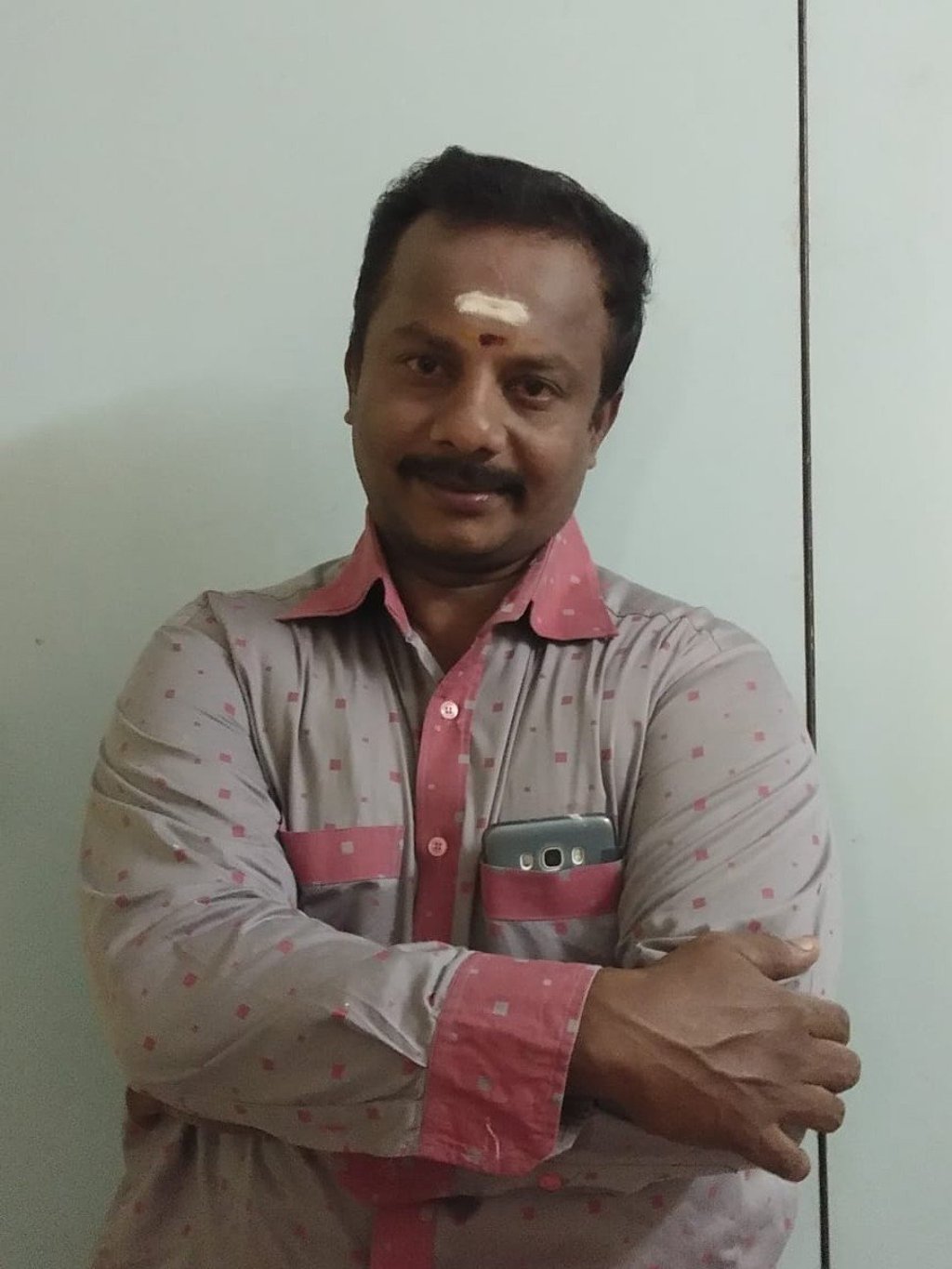In India, one man took on Chinese firm ByteDance to shut down TikTok – and he wants to do it again
- Muthukumar Sankaran fought the world’s most valuable start-up in court, saying it was ‘socially hazardous’
- A temporary ban on downloading TikTok has since been lifted and the app has rolled out more safety features, but the lawyer and activist says he is far from finished

After India’s high court last month lifted a temporary ban on popular videosharing app TikTok, which is owned by Chinese firm ByteDance, it shot up the list of Apple’s and Google’s most downloaded apps. With aggressive promotions, including cash prizes, TikTok rocketed from 90th position on India’s Google Play store to 15th on May 1, a day after the ban was lifted, according to analytics firm App Annie.
One man, however, says he is waiting for another chance to bring down the app that has accumulated more than 120 million active users since it was launched last year in India.
Muthukumar Sankaran, 47, began legal proceedings against ByteDance – the world’s most valuable start-up, estimated to be worth US$75 billion – accusing it of spreading questionable content, including hate speech and sexually explicit material.
Bytedance had argued that the ban was a denial of free speech for millions of app users in India.
Sankaran, a lawyer and social activist, says TikTok deployed no fewer than 15 senior lawyers at the Madras High Court in southern India on April 24.
